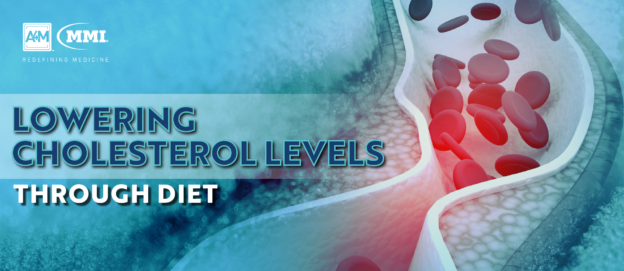For decades, clinicians have used cholesterol-lowering statins, aspirin therapy, and a number of other pharmaceutical drugs in order to combat heart disease. Yet new research from Dr. Gervasio Lamas, chief cardiologist at the Columbia University Division of Cardiology at Mount Sinai Medical Center in Miami Beach, indicates that the alternative medicine technique of chelation therapy may be as effective in preventing the onset of cardiovascular disease. 
After almost two decades of studying the potential benefits of chelation therapy, Dr. Lamas’s preliminary findings indicate that it may be a significant ‘game changer’ in the treatment and prevention of heart disease: now the primary cause of death in the United States.
The National Institutes of Health recently authorized a $37 million grant for Lamas to conduct a follow-up study, in order to determine whether chelation is as beneficial as conventional therapies, or perhaps more so, in preventing heart attacks among people with diabetes. The five-year study, titled the Trial to Assess Chelation Therapy (TACT2), will ultimately involve 1,200 participants and researchers at more than 100 leading medical institutions in the U.S. and Canada.
One-half of the participants will undergo chelation therapy, a process that removes lead, cadmium, and other toxins from the body–materials that may contribute to heart disease, just as “artery-clogging cholesterol can boost heart attack risk.” The other participants will receive an identical placebo, with the hopes of measuring the effect of chelation. All participants will receive high-doses or oral vitamins and minerals, or an oral placebo.
“I am very hopeful that we will be able to develop a new way of treating heart disease by removing some of the toxic substances that we take into our bodies inevitably during our lifetime,” says Lamas. “We live in an industrialized society, we can’t go back to living in caves and on farms. So we need to recognize [environmental toxins] as a risk factor for heart disease and treat [them] in the same way that we treat cholesterol…We think the bad actors are lead and cadmium, but we’re also looking at other toxins.”
Lamas himself acknowledges that he was initially skeptical about chelation’s benefits, believing that the alternative-medicine technique was fringe-medicine quackery. Lamas’s first study of chelation in 2002 was, in fact, initially designed to confirm his skepticism and suspicions. Instead, however, his own research demonstrated that chelation was enormously beneficial to heart patients–and rivaled the conventional techniques of statin and aspirin therapy. That NIH-sponsored study involved more than 1,700 heart attack survivors at 134 North American research sites, including Johns Hopkins and the Mayo Clinic.
Over a seven-year period, participants were randomly assigned to receive 40 injections of a chelation solution–or “infusion”–or an inactive placebo. When the trial ended in 2012, the results indicated that those who received chelation in tandem with vitamin supplements had a 26 percent lower risk of heart complications (i.e. a second heart attack, stroke, or bypass surgery), compared with those given placebos. In diabetic patients, the findings were even more dramatic, with the combination therapy linked to a 49 percent lower risk of heart complications. Chelation was also found to cut the risk of death among diabetics by half over the course of the study.
“There is nothing like this for diabetes care,” says Lamas, whose findings were published in the American Heart Journal. “There just isn’t.” In follow-up meetings with the U.S. Food and Drug Administration, Lamas pressed for a follow-up study of chelation therapy, and was ultimately able to secure the $37 million grant. The new study, funded by the NIH’s National Center for Complementary and Integrative Health, will examine the use of intravenous chelation treatments and oral vitamins in diabetic patients with a prior heart attack. If the findings prove the therapy is successful, chelation could become a front-line therapy for heart disease, says Lamas.
Chelation has long been approved by the FDA to rid the body of lead by using a synthetic amino acid (ethylene diamine tetraacetic acid), which binds to toxic metals and minerals in the bloodstream, allowing a patient to excrete them. Alternative practitioners have used chelation for almost six decades, with the belief that metal contamination causes or contributes to heart disease, and that chelation rids the body of deposits that can lead to atherosclerosis, which causes coronary arteries to narrow, leading to heart attacks.
Most conventional cardiologists have dismissed the therapy — just as Lamas once did. Yet the new TACT2 study could change that by providing a definitive answer on chelation and the role environmental contaminants play in the development of heart disease. “There hasn’t been a new mechanism [in treating heart disease] for a long time,” Lamas notes. “And that’s what’s gotten me so excited about this and why I’ve spent 20 years studying chelation.”



